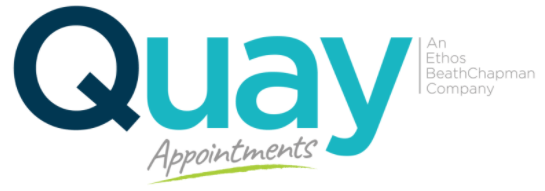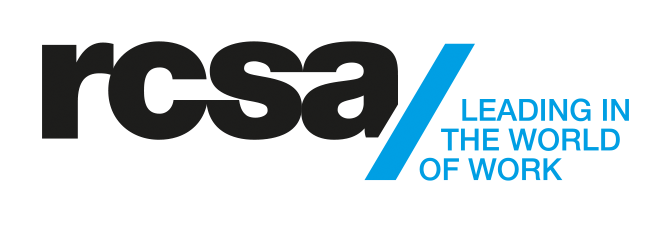Do you have any questions?

You’ve reached the final stage: your CV was selected among many other applicants, you conquered the telephone screen and now, here you are, sitting in front of the interviewer, talking confidently about your skills and major achievements when then, all of a sudden you’re asked: ”Do you have any questions?”.
A job interview should be a two-way conversation. After all, asking questions at the end of an interview not only allows you to gain a better understanding of the work environment, but also it shows you took the time to think about how the role would further your career, align with your core values and evaluate if there is a cultural fit. In other words: it shows your interest.
Motivation and commitment are key factors that your potential employer wants to assess and they are as important, if not more, than some of the specific technical skills listed among the selection criteria.
It’s true that you cannot build soft skills or work experience overnight, you need to WOW your interviewer presenting yourself at the best of your possibilities and this entails doing your homework.
Take the time to research the organization: understand its vision, its fundamental values, how it makes money, what are the day-to-day operations, what its core business is.
It’s crucial to make sure that you leave the interview with a clear idea about the position itself and how your typical working day would look (isn’t this the reason why you jump out of the bed in the morning after all?).
We’ve outlined 7 smart questions you could be prepared to ask at the end of a job interview:
1) What is expected to be accomplished in the next 6 months?
Job briefs are often not updated and provide vague ideas about the major responsibilities and the goals to be achieved. It’s paramount to understand what is expected out of a role. This is also a valid metric for you to assess whether you possess the capabilities required for the role.
2) What project management tools do the company use and why?
Project management tools are a valuable resource when it comes to assign tasks to employees, track the various phases of a project and promote a smooth collaboration. By asking this you would be able to get an idea about how you will communicate with the other team members and how your work will be acknowledged by others.
3) What challenging projects are the company working on and what is its impact on the community?
This is to evaluate the involvement of the organization in the society and the level of corporate responsibility. Once again, values must be aligned! No one wants to spend 8 hours a day working for a company whose vision clashes with his own beliefs.
4) Who is the company’s typical client and what are their requirements?
By asking what a client expects from the firm, you will also gain an insight into what is expected from you, on a smaller scale.
5) What was the department biggest challenge last year?
The role may sound fantastic at the beginning and you may be very enthusiastic to take on the opportunity. However it’s important to have a realistic picture of the challenges that you may come across, what could potentially frustrate you or even hamper your performance. You may also take this as a chance to explain how you have been able to overcome challenges in the past.
6) What learning opportunities for development does the company offer employees?
Conferences, mentorships, subsidies for study programs, seminars and trainings are all signs that a company values learning and puts a big focus on satisfying and retaining employees.
While curiosity, interest and a proactive attitude are always appreciated, there are some questions that are red flags and, at least at an early stage, must be avoided.
Here are some tips on the biggest DON’Ts:
- Don’t question the salary package or ask too much about what benefits the company can provide: this is something that will come at a later stage.
- Don’t ask yes or no questions: you want to gain as more details as you can, closed ended question will limit the amount of information the interviewer can give.
- Don’t share – and don’t ask – personal information: although it is beneficial to build a rapport with the interviewer, the context should remain professional.











